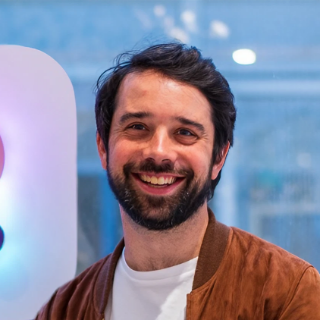La santé en orbite ou quand l'espace devient un nouveau laboratoire pour la recherche médicale
10 oct. 2024 | 14:00 CEST - 15:00 CESTMEZZANINE
10 oct. 2024 | 14:00 CEST - 15:00 CEST
MEZZANINE
Replay disponible
Résumé
La société Comat a développé l'incubateur Cubic pour les expériences en microgravité sur l'ISS, permettant le contrôle de la température pour des expériences biologiques. Les scientifiques conçoivent des cassettes pour l'incubateur, utilisant la centrifugeuse pour simuler la gravité. Les expériences spatiales sont sélectionnées par des agences comme la NASA et l'ESA, avec divers modes de financement. Le développement de projets spatiaux commerciaux implique des collaborations internationales et des financements spécifiques, avec un accent sur les sciences de la vie pour positionner l'Europe en tant que leader mondial.
Ce résumé a été généré par une IA.
Description
La Station Spatiale Internationale (ISS) est une plateforme exceptionnelle pour l'étude des effets de la micropesanteur et des radiations cosmiques sur le vivant, en particulier sur la physiologie des spationautes. Depuis plus de 20 ans, elle accueille de nombreuses expérimentations scientifiques qui ont fait progresser la recherche médicale, notamment sur l’ostéoporose et les maladies cardiovasculaires affectant les astronautes lors de leurs séjours dans l’espace. Alors que son retrait est prévu vers 2030, de nouveaux acteurs privés émergent, offrant des technologies et services innovants pour la recherche académique et les besoins des industries pharmaceutique et cosmétique. Qui sont les acteurs de cette chaîne de valeur en cours de structuration ? Des équipementiers spatiaux aux industriels de la santé, explorez les enjeux scientifiques, techniques et économiques du secteur des sciences de la vie dans l’espace.
À l’issue de cette séquence Spatial de deux ateliers successifs, Yohann Leroy, CEO de MaiaSpace, fera une rapide synthèse et conclusion des deux sujets traités — la Recherche médicale dans l’Espace et la propulsion nucléaire spatiale — ainsi qu’une ouverture sur les grands enjeux de demain pour le secteur Spatial français et européen.
























